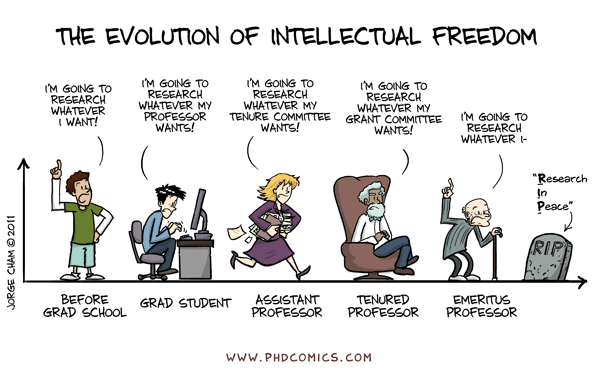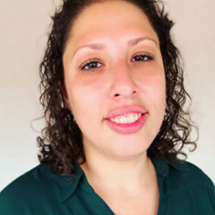
If you’re starting to think about applying for a PhD in a social or natural science, you’re probably worried about getting accepted into highly competitive programs. But let’s take a step back! Before you can focus on impressing selection committees, you need to have a clear sense of what YOU want. Outside of the doctoral program bubble, it can be hard to think through what kinds of questions to ask yourself and your potential programs. What criteria will make or break your graduate school experience? How do you start to figure out what you want to focus on? How do you decide where to apply?
First, gain research experience
Earning a PhD means becoming an expert in a particular line of research. And there’s no better way to learn about yourself as a researcher than to immerse yourself in research before beginning graduate school.
If you’re still an undergraduate, find out what labs are accepting research assistants at your university. Some universities have special research programs for undergraduates. For example, you may be able to conduct your own research in a lab and write an honors thesis. You can also write to Primary Investigators (PI’s)—professors in charge of research projects—at other universities to see if they are looking for summer research assistants. Don’t be afraid to reach out! If you’re interested in someone’s research, send an email and express interest in helping.
If you already have an undergraduate degree, you may be able to get a paid or volunteer position as a research assistant, lab manager, or lab technician. Use Google to find the professional associations for your field and get on the email lists for these associations to find out about job opportunities. You can also email PI’s directly to express interest in working with them. Even one year of research experience can be transformative in helping you learn what research is really like, helping you focus on your particular research interests, and giving you an invaluable skill set.
Immerse yourself in talks, events, and conferences
In addition to gaining research experience, you can immerse yourself in your field by attending talks and conferences. Doing so will expose you to a broader range of ideas, will give you the opportunity to network with students and professionals, and will help you to see yourself as a member of your academic community.
Many universities host speakers on a regular basis (e.g., once a week) for talks about their research. These talks are usually open to the public. Attend as many talks as you can, even if they are not exactly on your topic, or if you are worried they will be a little “over your head.” Attending these talks is a fantastic way to learn about your field, and even if you only understand a little of what the speaker is saying, you’ll find that these little tidbits come back to you later on as you learn more.
Conferences are larger, professional meetings hosted by academic societies once a year or every other year. Some conferences have special events for students, such as student poster sessions (where students can present their work) or student networking events. Meet as many people as you can at these events! Don’t be afraid to go up to a speaker and introduce yourself. Over time, the people at these conferences will become your community, and the earlier you begin networking, the better.
Choosing a program—Questions to ask yourself
Once you’ve gotten some research experience and attended events, you’ll have a much better sense of what you’re looking for in a PhD program. Here are some questions to ask yourself when considering potential programs:
- How much do you want to be trained in existing techniques, and how much do you want the freedom to work independently? Do you want to continue with an existing research program with your adviser and lab, or do you want to begin a new project?
- How much collaboration are you looking for? And then, how collaborative is your department? Is there collaboration within your lab? Among different labs? Among departments?
- What are you looking for in the beginning of your program and how does that compare to the program you are considering. How much of your time is devoted to coursework and how much to research? Are you expected to teach? How much is the experience about your education and how much is it about your contribution to research?
Talk to the people who know the program best
The people who know a program best are the students, faculty, and staff within the program. Talk to as many people as you can. Meet with faculty members and students while you’re attending conferences. Email professors and students to introduce yourself and express interest in the program. If you are applying to work in a specific lab, talk with current students and get a feel for what the work environment is like.
Good luck with this incredible process, and let me know if you’d like more guidance!
More on grad school admissions:
Application Consulting: Is Graduate School Right for Me?
How You Should Be Asking For a Letter of Recommendation
Application Consulting: Unlocking the Grad School Personal Statement


Comments